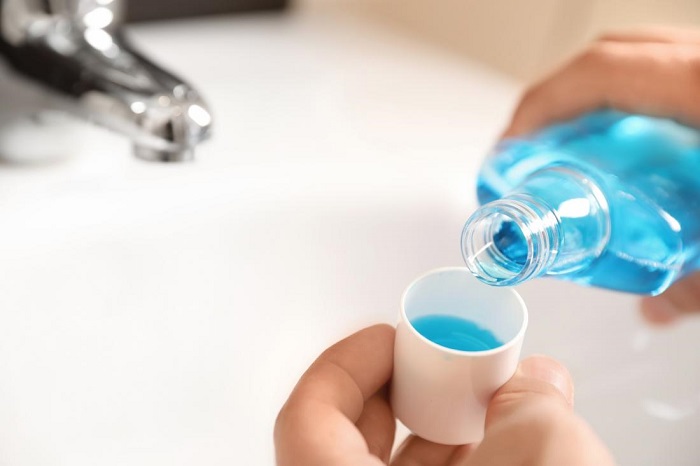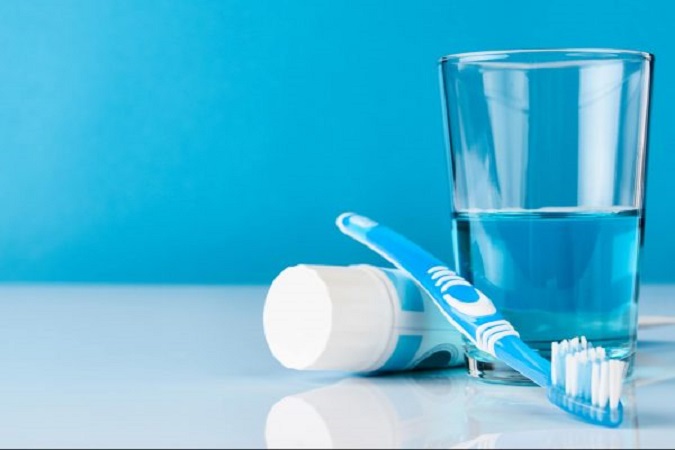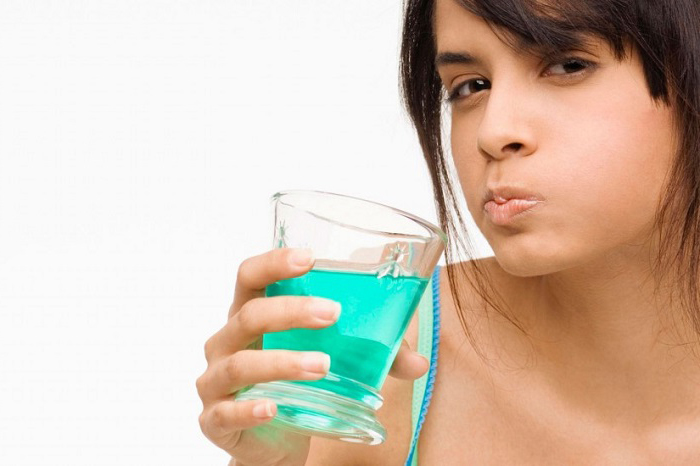According to a recent research, mouthwash compounds of good quality may kill the SARS Cov-2 virus in just 30 seconds. They can play a lead role in curbing the spread of this virus. Clinical trials are now under way to confirm their effectiveness in protecting people from becoming infected with the virus, which has so far claimed more than 750,000 lives worldwide.
The emergence of mouth-washing as a potential ally against Covid-19 looks set to mark another re-think by scientists on ways of stopping the pandemic. During the early pandemic days, many people suggested the role of gargling with antiseptics in killing the virus. But health experts disregarded the claim, pointing out that there was no sufficient proof to support it.
In Asian countries like Japan, the health workers had long advised the people to gargle with antiseptics in order to protect themselves from respiratory diseases like influenza. During the mid-2000s, studies by Japanese researchers suggested that even gargling with ordinary chlorinated tap-water may give significant protection. While Japan has been relatively successful in combating Covid-19, the extent to which the practice of mouth-washing is responsible is unclear.

Now, research teams from various universities in Germany have initiated the study regarding the effectiveness of mouthwash liquids in making the virus, inactive. The researchers tested eight commercial products available in pharmacies against virus particles in throat-swabs taken from infected patients. To simulate real-life, the mouthwash was mixed with the virus and a substance to mimic saliva and shaken for 30 seconds.
Tests revealed that all the products reduced the amount of active virus to some extent. However, three proved especially effective, reducing the amount of virus by about 99.9 per cent.
Dequonal, Iso-Betadine and Listerine Cool Mint were the three mouthwash brands that the German researchers made use of. Their active compounds are, respectively, dequalinium chloride plus benzalkonium chloride, povidone-iodine, and ethanol plus essential oils. The tests showed that each of the three was effective even with different strains of the virus.

The German research team published their result in the Journal of Infectious Diseases which concludes that the “findings provide evidence that SARS-CoV-2 can be efficiently inactivated by commercially available oral rinses within short exposure times of 30 seconds”.
As gargling cannot stop the virus once it has invaded healthy cells, it is not a cure for anyone who has already developed Covid-19. However, it could play a role in blocking the main route of transmission. This is believed to be via contact with aerosols and droplets produced during sneezing, coughing or talking.
By attacking the virus in the mouths of both infected people and those around them, use of antiseptic gargling could be a simple and cheap additional safeguard alongside the wearing of masks and other measures such as social distancing.
The researchers stated that their findings justify clinical studies of the effectiveness of mouthwashes on both patients and health-care workers. Such studies are also needed to determine the best method of using the compounds, and any potential side effects.
These measures are some of the only available methods to curb the viral spread until an effective vaccine is out there, which will not, until at least January.




![The Top & Most Popular Seafood Bucket Restaurants in Dubai for you [Never Miss]](https://uae24x7.com/wp-content/uploads/2020/09/8-seafood-in-a-bucket-scaled-e1600739237403.jpg)
![Procedures for Renewing the Driving License in Abu Dhabi [3 Simple Steps]](https://uae24x7.com/wp-content/uploads/2020/07/Capture-9-e1595666454466.jpg)





